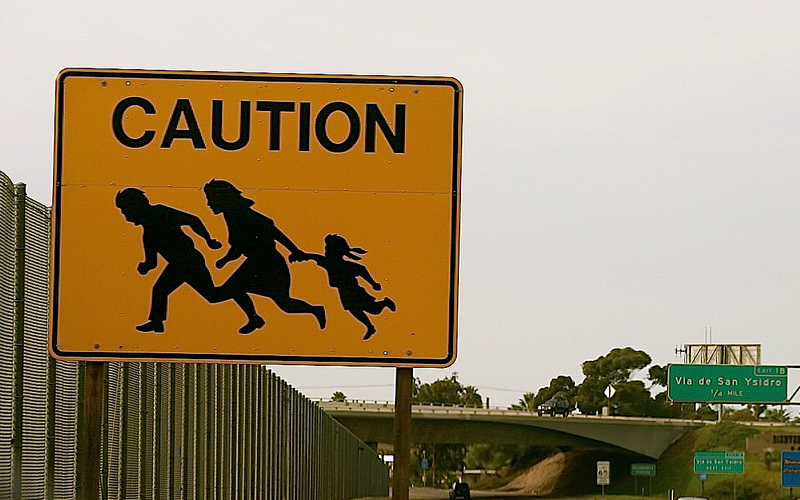Secretary of State Antony Blinken in June made one of a series of visits to China by Biden Cabinet members. Now, President Joe Biden is scheduled to meet Wednesday with Xi Jinping, the general secretary of the Chinese Communist Party, at this week's Asia-Pacific Economic Cooperation summit in San Francisco.
It's a meeting Biden has long sought – and one that shouldn't happen, says China policy expert Gordon Chang.
"The Biden administration has been desperate to establish channels of communication," Chang said on Washington Watch Friday. "This is what they've wanted, and finally, the Chinese deigned to grant it. Right now, you have Xi Jinping pulling the strings because Biden is just so happy that he's getting the opportunity to speak to the Chinese dictator."

Relations between the U.S. and China plunged in the summer of 2022 when former House Speaker Nancy Pelosi visited Taiwan, the island democracy that Beijing claims as its property. Jinping's administration responded with a major reduction in communication with the U.S.
Other issues have plagued the U.S.-China relationship such as concerns about technology and national security, the China-Russia relationship while the war in Ukraine goes on, and China's weather or spy balloon that floated across the U.S. before an Air Force fighter jet shot it down in February.
Bob Maginnis, a national security expert at the Family Research Council, is concerned about Biden's aging mind and lack of negotiating skills during a face-to-face meeting with Xi.
"When [Biden] has these bilateral meetings with heads of state," Maginnis tells AFN, "he tends to either go into a zombie state, a nap state, or he gives away the kitchen sink."
Chang told show host Jody Hice that Xi is sure to raise the issue of U.S. support for Taiwan – and that when it happens Biden should challenge Xi on China's saber-rattling near the Philippines.
The Mutual Defense Treaty signed in 1951 requires the Philippines and the United States to support one another if attacked.
"China has engaged in increasingly belligerent activity despite written warnings from our State Department that we are prepared to use force to defend our ally. That has had no effect on the Chinese, which means deterrence has failed," Chang said.
Chang said a Philippines discussion should be at the top of Biden's list, but he doesn't believe it will be.
He would also like to see the two leaders address the fentanyl crisis in the U.S. Beijing denies it is the cause of an overdose epidemic for Americans under the age of 45.
Chang: Leaders should address U.S. fentanyl crisis
"They're going to set up a working group on fentanyl. Well, we don't need a working group," Chang argued.
"We know exactly what's going on: The communist party fully supports the fentanyl gangs. Those gangs could not operate in a near-total surveillance state without the approval of Xi Jinping himself and these gangs. They launder their money through the Chinese state banking system, and China's diplomats give them official cover. So, we know what's going on – at least, Biden should know what's going on," Chang added.
In Chang's opinion, the administration's pursuit of a relationship with China is putting Americans' health and security at risk.
"The problem here is that [Biden] probably doesn't want to raise a lot of issues that will anger the Chinese, because American officials think, 'Well, if we anger the Chinese, they'll stop talking to us, and that would be a disaster.' Well, no, it wouldn't," Chang said.
Editor's Note: This story has been updated with comments from Bob Maginnis.







